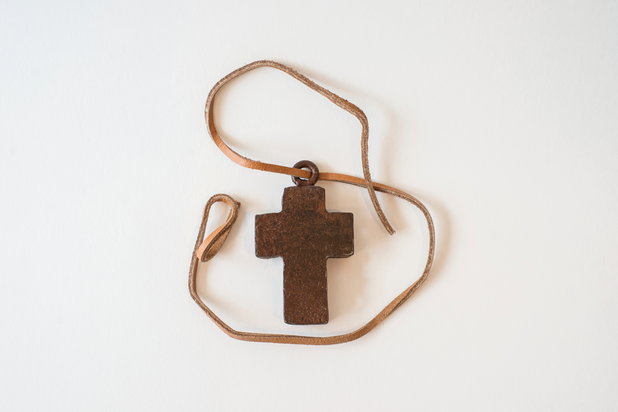At first glance, the AA program can seem outright contradictory for atheists, agnostics or those uncertain about a Judeo-Christian religious approach. Yet, despite its rhetoric, AA has considerable elements borrowed loosely from Christian religious beliefs. The program also borrows liberally from dozens of other secular sources ranging from philosophy to medicine to business. With this patchwork quilt of knowledge, the ultimate question each member must ask is whether the AA program works for his or her own personal recovery.
No Religious Beliefs? You’re Not Alone
Hundreds of thousands of non-religious people have faced a common dilemma in AA when approaching the steps, which immediately mentions “God” and a “higher power” in steps 2 and 3. Generally, the orthodox AA approach would refer such people to the chapter in the Big Book titled “We Agnostics,” which may help some individuals overcome their reservations concerning the religious aspects of the program. For many, however, “We Agnostics” is not sufficient enough to provoke a religious revival within themselves. Given that the program is largely predicated on completing steps that require some kind of supernatural belief, new members often find themselves frustrated and alone.
According to the Big Book, the program is “not religious, but rather, spiritual in nature.” This spirituality-over-religion lens allows believers of any faith, creed or inclination to work their existing beliefs into the AA program. In this sense, there is no dogma, no rule or even a right or wrong when it comes to spiritual beliefs—so long as it works for you. Over time, some even come to the conclusion that connecting with a Higher Power is an excellent choice. The important part is that they make a decision on their own.
The Difference Between God and Higher Power
It is important to never let questions on the nature of God’s relationship with humanity to interfere with your sobriety. However, common advice within the program holds that a “higher power” is anything bigger, more intelligent and more equipped to deal with our problems than we are. For most non-believers, the immediate suggestion from experienced members to use their sponsor, the group or the program itself as a Higher Power resonates to some extent.
Admittedly, the literature often leans towards a Judeo-Christian God. However, after attending a few meetings, you will find that individual concepts of a “Higher Power” vary widely amongst members. These differences include who or what this entity may be and the importance of having a clear concept of this matter during recovery.
Non-Religious AA Meetings
Most AA programs in major cities offer meetings designated as atheist or agnostic. Non-religious AA meetings can be found on any city’s Intergroup website. More importantly, attracting new and regular members will keep this variant AA program afloat.
Remember, in order for the program to be truly effective, members of all kinds need to take action so anyone in need can get the help they deserve. Consider the push in the 1980s and 1990s to introduce meetings that cater specifically to non-heteronormative sexualities, which now touch the lives of thousands across the country. In addition, an atheist or agnostic always has the option of starting their own meeting, which will undoubtedly attract like-minded AA members.
If you or someone you know is seeking help with addiction, please visit our directory of treatment centers or call 800-891-8171 to start the path to recovery.








